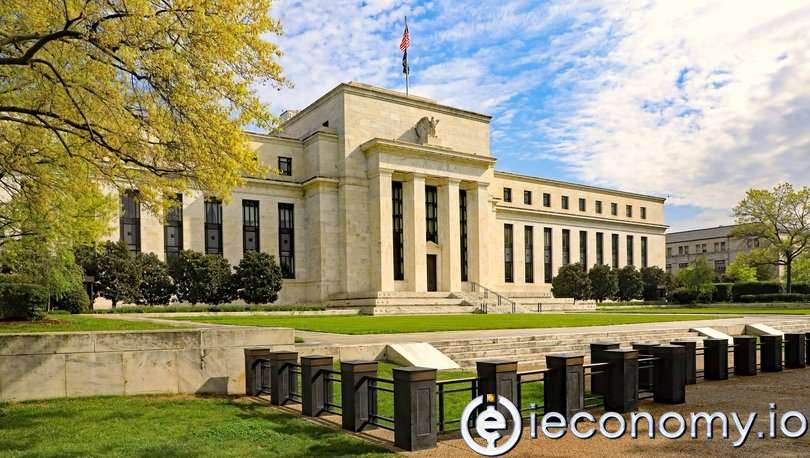4954
0
Former FED Officials Have Criticized Jerome Powell
Names who served during the period of Fed Chairman Jerome Powell were added to those who criticized the monetary policy of the FED

Yazar: James Gordon
Yayınlanma: 9 Mayıs 2022 03:44
Güncellenme: 24 Şubat 2026 05:54
Former FED Officials have criticized Jerome Powell.
Names who served during the period of FED Chairman Jerome Powell were added to those who criticized the monetary policy of the American Federal Reserve (FED). Former Fed officials noted that the Federal Reserve is facing a recession.
While the number of criticisms against the FED increased, different commentators drew attention to the fact that the Fed lagged behind the developments in its monetary policy. Fed Chairman Jerome Powell commented on criticism from former officials. Former United States Federal Reserve Bank Vice Chairman Richard Clarida stated that the Fed will need to raise interest rates to slow economic growth and curb inflation, while Randal Quarles noted that an economic recession is now likely. Randal Quarles, who stated that the rate hike should already be done and that it is late in this regard, added that the effect of rapid interest rate hikes will "probably result in a recession" at a time when the pressure of inflation intensifies, the unemployment rate is low and demand outstrips supply. Richmond Fed President Thomas Barkin also underlined that there should be all kinds of options on the table to cool down inflation. While heavy criticism of the US Federal Reserve's direction is not stopped, FED officials state that their direction towards the market is working. FED Governor Christopher Waller and the hawk name of the Fed, St. Louis FED President James Bullard noted that those who made the said criticism did not sufficiently consider the steps taken by the FED to tighten financial conditions even before the March meeting.- Louis Fed President James Bullard, in his speech at the conference organized by Stanford University Hoover Institute, underlined that market rates increased significantly before the Fed's concrete steps. Bullard added that he did not deserve the statements that the FED was behind the developments.
İLGİLİ HABERLER





European stocks soared and focus shifted to German retail sales after Powell's speech!

Forex Signal For TRY/USD: Inflation Slowdown in November.

Forex Signal For GBP/USD: Bullish Trend Still Not Breaking While Recovery Continues.

Forex Signal For EUR/USD: Starry US Data Points to Higher Fed Increases.

Forex Signal For BTC/USD: Downside Continues as Bitcoin Recovery Moves Less.
En Popüler Haberler
Yorum Yap
Yorumlar
Henüz yorum yapan yok! İlk yorumu siz yapın...